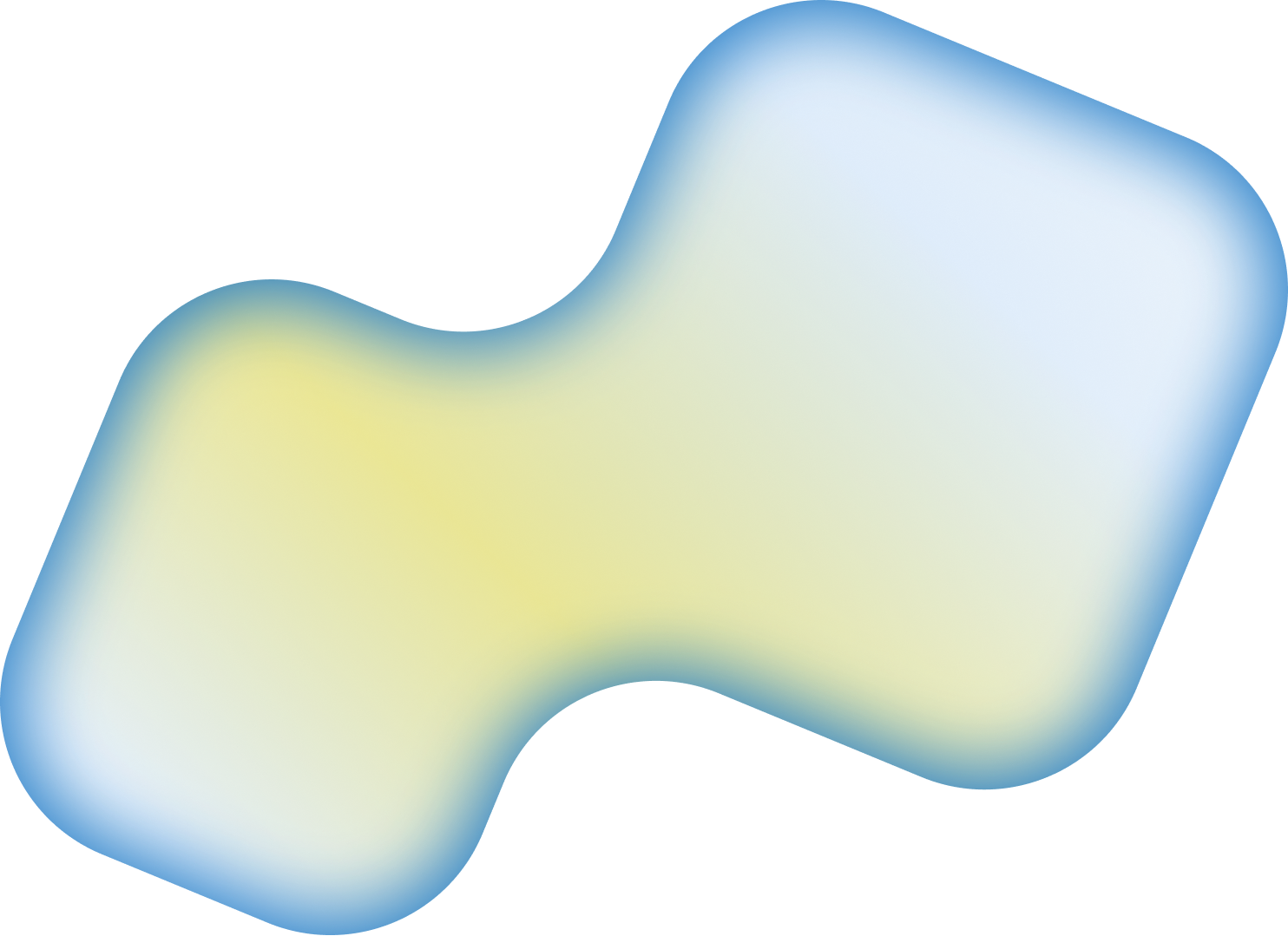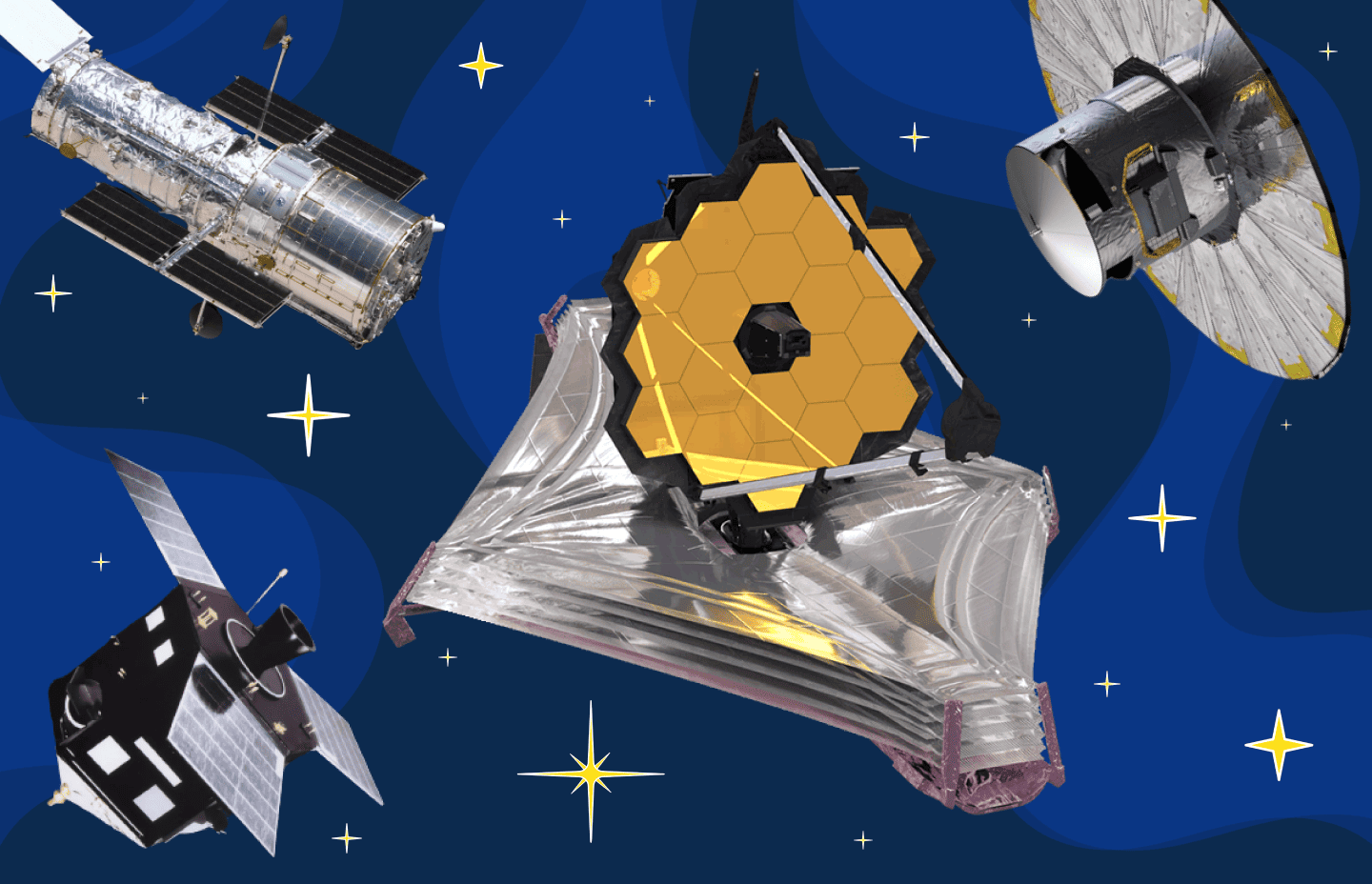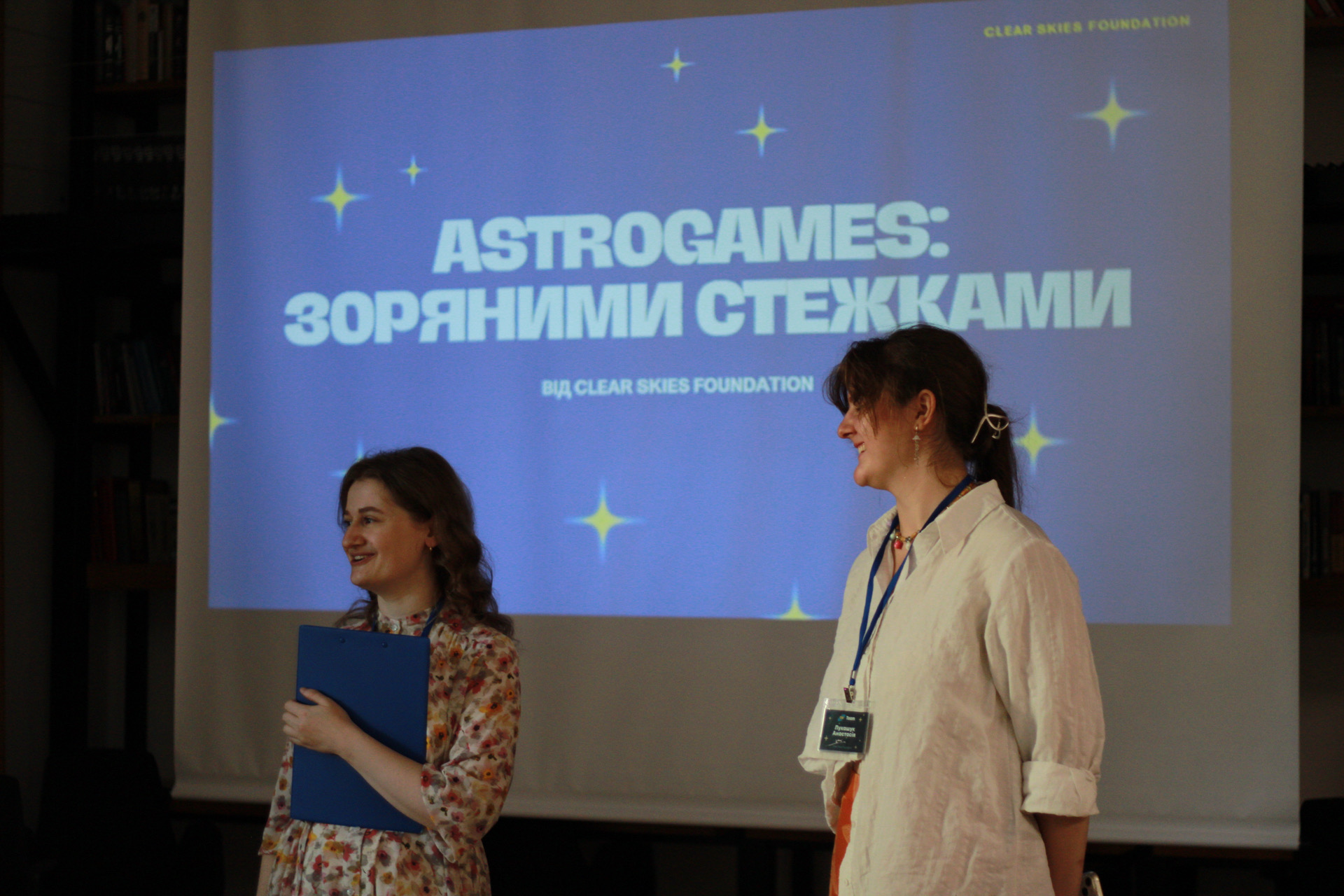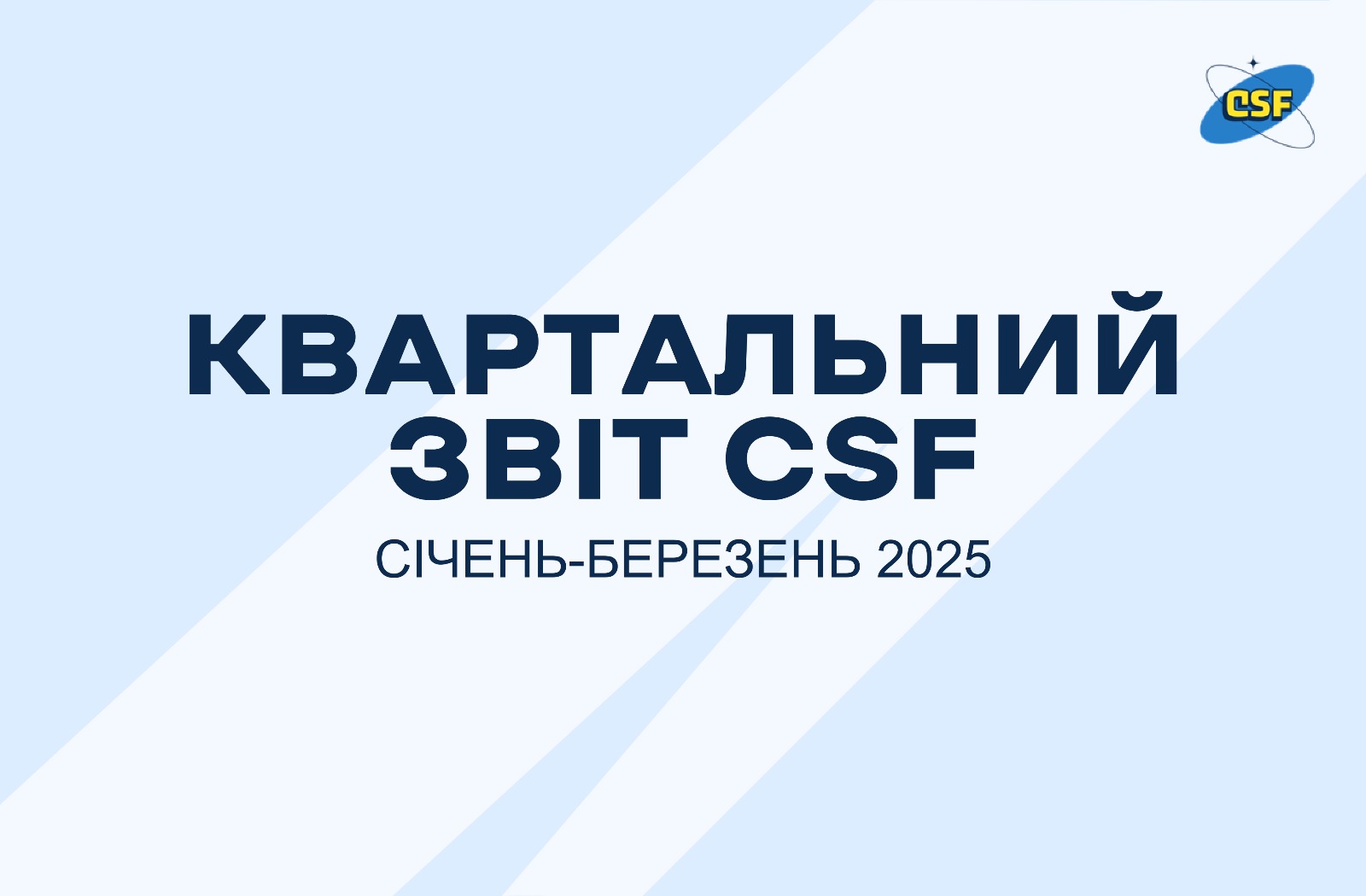 481
481
CSF's quarterly report (April – June 2023)
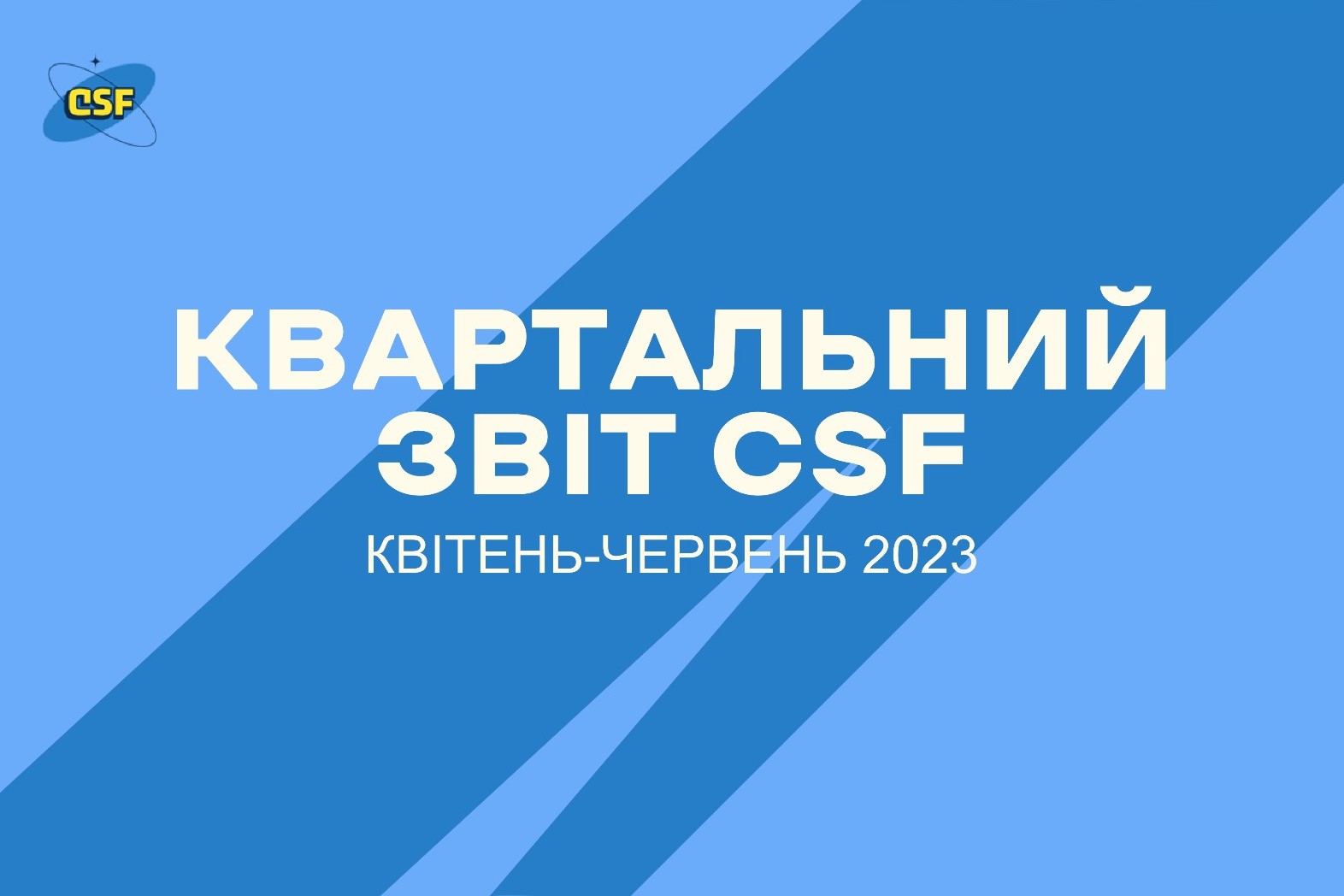
Team milestones
Continuation of projects, a schism within the team, disbanding of the Wikipedian Unit and the beginning of the reorganization phase.
Completed
A large number of participants, around 60, joined the scientific project TESS-UA-2023A, which began in April 2023. In April they started taking the Variable Stars Lectures course, gaining basic knowledge about variable stars and at the same time helping us identify shortcomings in this lecture course. Some of them even began their own research and obtained quite interesting preliminary results. Based on the identified problems and shortcomings, it was decided to completely re-record the Variable Stars Lectures course.
The Wikipedian Unit reached a milestone of slightly more than 500 articles created on astronomy and astronautics. Its members became authors of several Good Articles and one Featured Article.
The Unit of Communications began preparations for the first advertising campaign.
Incomplete
In mid-May, the team experienced a schism. The main reasons were differences in the vision of the future strategy and the fundamental principles of organization between team members and some representatives of the management team. As a result of the subsequent cascade of events, five members left the team. The Wikipedian Unit was completely disbanded because, despite impressive results, only three out of its 17 members (which is more than all three other units combined) were actively editing articles. Of these, only two remained in the team.
Thus, in a short period, the number of team members halved, and critical gaps appeared in our key projects, such as TESS-UA-2023A. The team's morale was completely undermined.
As a result, the progress of TESS-UA-2023A came to a complete halt, and ultimately, despite the efforts of other members of the Scientific Unit, the project failed. The subsequent project, TESS-UA-2023B, was canceled even before its announcement.
Considering all the problems, we started a reorganization phase – a series of attempts to somehow bring the team together and establish more or less stable activities, as well as achieve the necessary results in the projects. However, the team's activities remained very unstable for a long time, so the reorganization process took a long 14 months – from July 2023 to September 2024.
Conclusions
- A more systematic approach to recruiting new team members was implemented. Instead of inviting friends and acquaintances and adding everyone who was interested to the team, we moved to recruitment through various volunteer platforms and several stages of selection.
- Unit managers began to participate in both the development of the overall strategy and the planning of the particular projects.
- Several additional criteria were introduced for appointing a participant to the position of unit manager. Among them are the desire to actively work with the team and the commitment to devote enough time to ensure the unit's effective operation, which should take priority over personal tasks (which can be delegated if necessary).
- There were several attempts to save some important projects that were at risk of failure because of unsuccessful scientific projects TESS-UA-2023A and 2023B.
